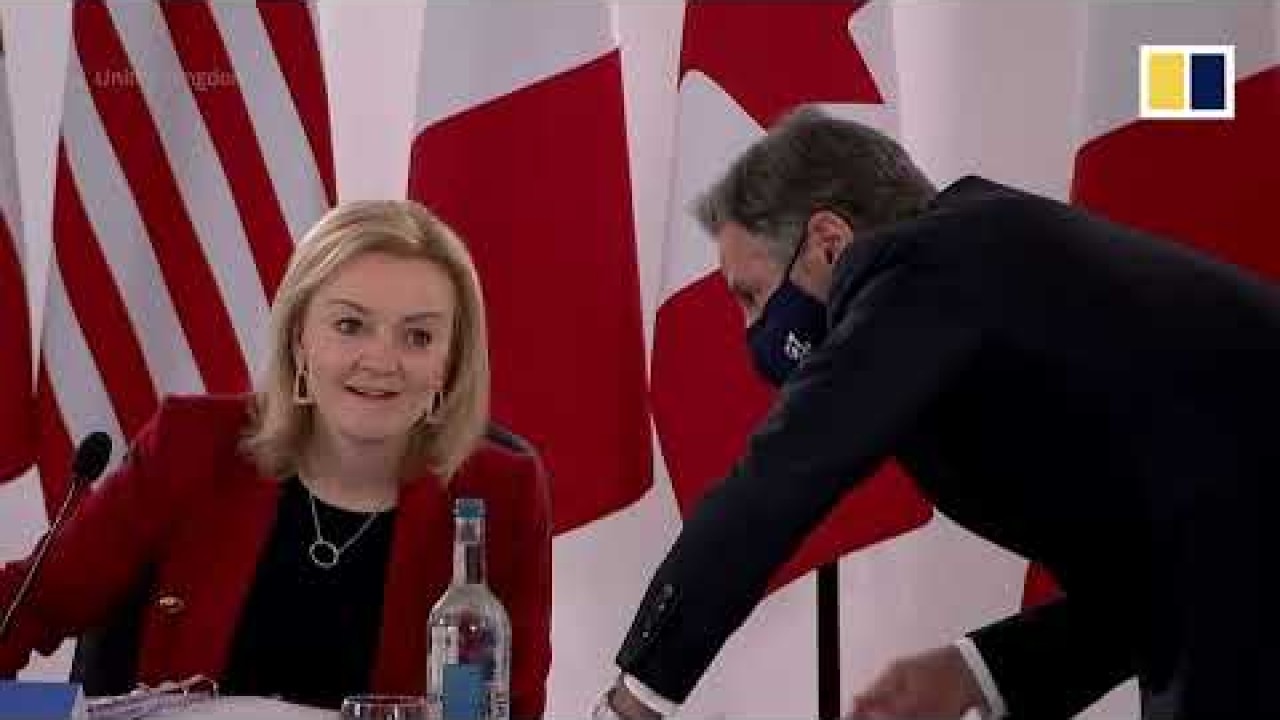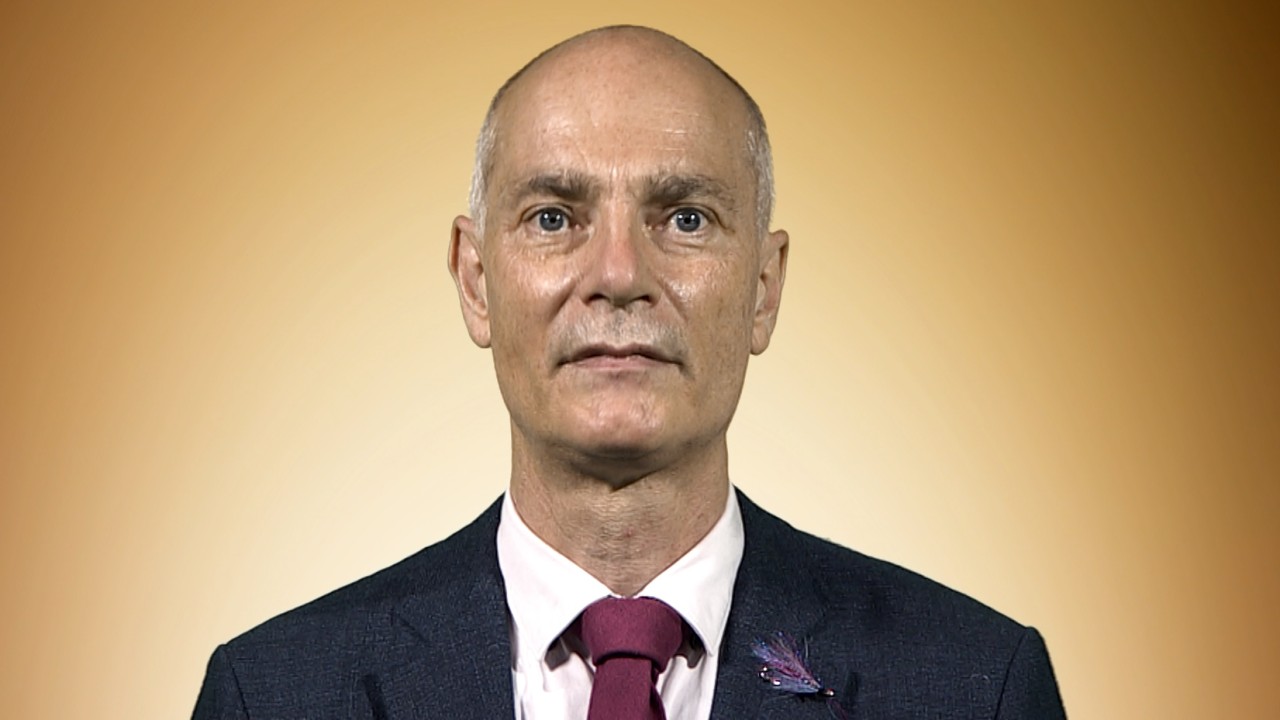
Is Liz Truss’ Thatcher reawakening what UK-China relations need?
- An admirer of Thatcher and hawkish on China, Britain’s new prime minister may nevertheless wish to avoid following her idol’s Cold War playbook when dealing with Beijing
- With domestic and political pressure weighing on the UK’s relationship with China, Truss will have to strike a fine balance
The Soviet Union was viewed as the biggest challenger to the Western way of life. Now, successive administrations in Washington have coalesced around the China challenge as the modern-day equivalent.

Political winds may blow into the UK from Europe, but more often than not it is US politics and trends that are given more recognition in British thinking. So, fear of China’s rise has reached consensus-levels in Westminster.
And, in a perfectly working democracy, the views and aspirations of the electorate will be reflected in their political representatives – the members of parliament. This means that the new prime minister will have to pay close attention to the mood of the nation in both domestic and international affairs.
Against this backdrop, what can we expect from the new resident of 10 Downing Street?
According to official figures, the UK imported £63.6 billion (US$73 billion) of goods from China in 2021. This accounted for 13.3 per cent of all goods imports, making China our largest importing partner. However, there are rumours that the bilateral economic dialogue between our two countries is under review. And, as foreign secretary, Truss stated that the UK is “prepared to prioritise national security over short-term economic gain”.
In 2014, Truss also led a delegation to understand the secrets of Chinese schoolchildren’s success in mathematics and other hard subjects. Will there be the appetite to learn from one another again?
The next six weeks would ideally offer a honeymoon period, allowing Truss to form coherent foreign policy objectives. Look out for performances in the House of Commons, the choice of new foreign secretary and Asia minister, along with the Conservative Party conference at the beginning of October.
On top of some Thatcherite wisdom – “any person who understands running a home will be nearer to understanding the problems of running a country” – I add some Chinese characteristics: “governing international relations is like cooking a small fish – don’t stir too much”.
I call on leadership in the UK, China and the wider international community to find ways to make existing institutions more robust, tinkering where needed, without stirring too much populist sentiment.
Thatcher was one of our most accomplished prime ministers. However, we are living in a different time, and the conundrum that China presents is not wholly analogous to that offered by the Soviets. Engaging my inner Thatcher, “Europe was created by history. America by philosophy. UK-China relations by economics.”
We need to strike a balance between posturing in international politics and responding to domestic pressures, while leaving this world in a better place than we found it. In this endeavour I will be “jiayou”-ing or cheering Liz on from the backbenches.
Mark Logan MP represents Bolton North East in the UK Parliament, where he is vice-chair for the All-Party Parliamentary China Group



